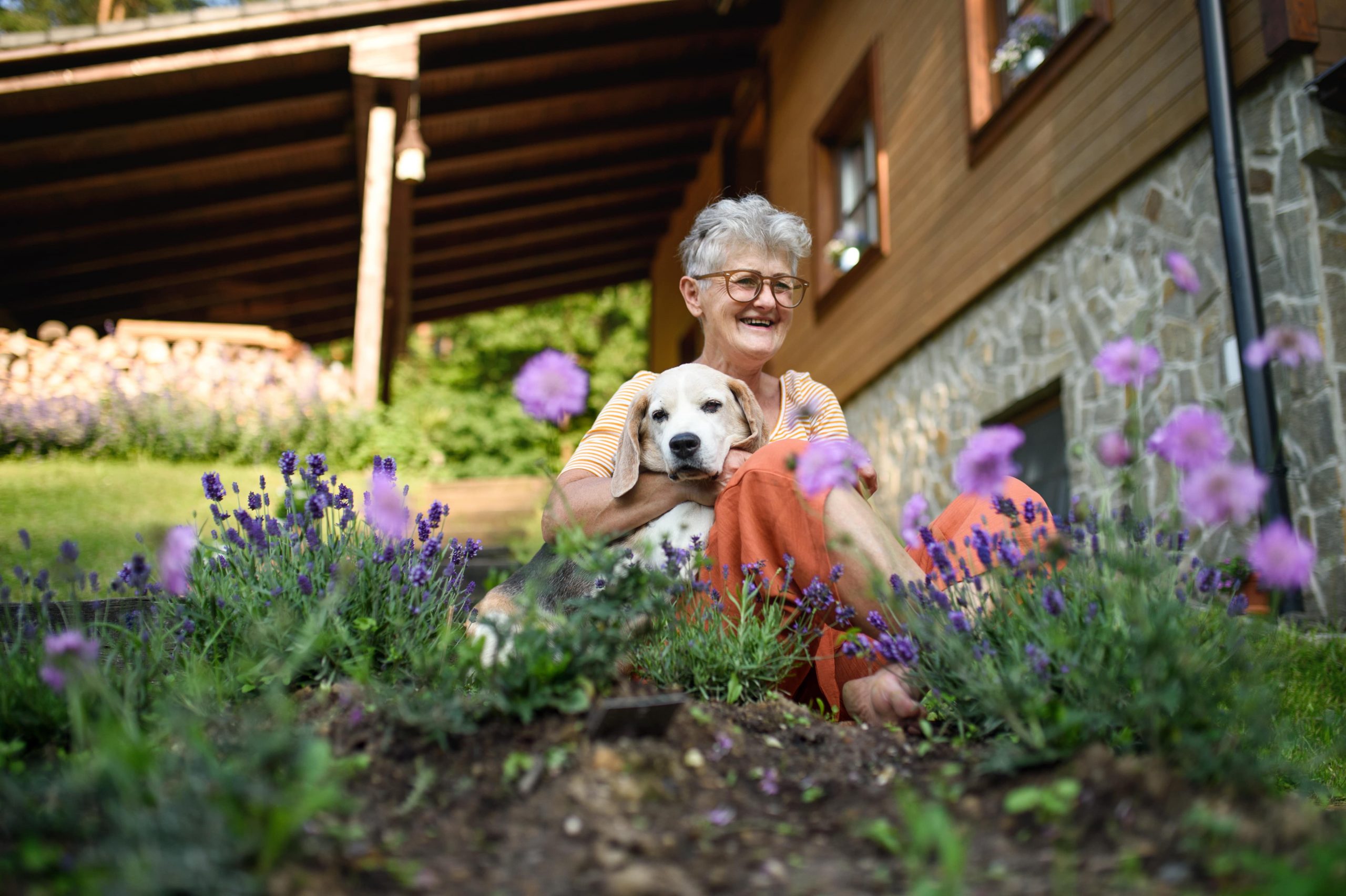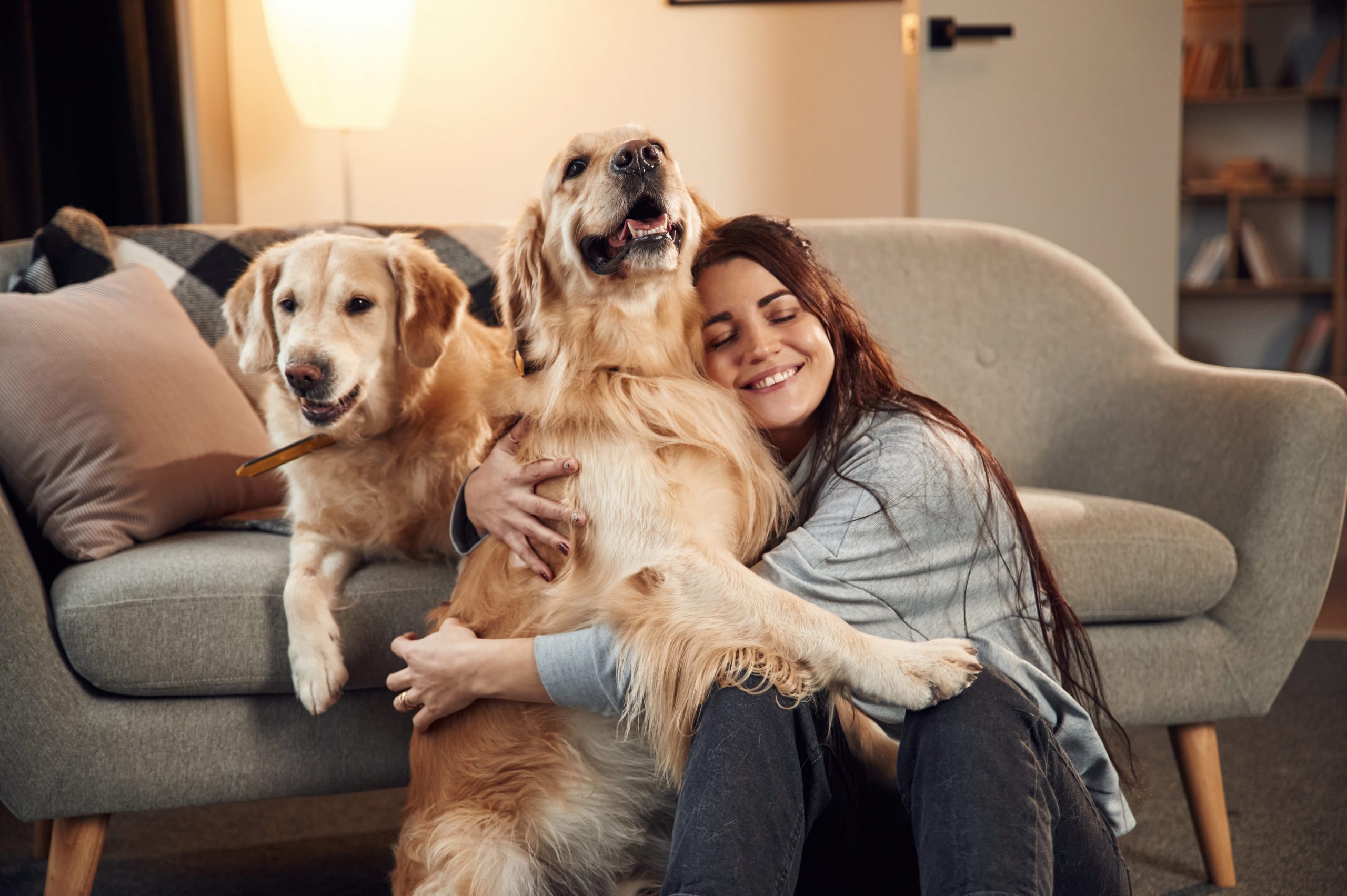No matter the size of your yard or space, chances are you and your pup enjoy spending time outdoors. This could include taking walks, relaxing in the garden, or finding some shade on hot days. But turning that outdoor space into a secure and enjoyable spot for both of you can be challenging.
Many people associate gardens with flowers, trees and animals – but that doesn’t make them safe from danger for our four-legged friends. Some plants can be toxic to pets and even deadly if ingested.
Garden pests such as spider mites and aphids can be hazardous to your pet, so take extra caution when using weed-control products on them. Store them safely away from reach of pets like dogs or cats so that they cannot access them accidentally.
If your dogs or cats tend to chew on things they shouldn’t, keep them out of your yard. This is especially important if you are growing plants or flowers which could be poisonous, such as amaryllis, caladium and crocus.
To protect your pets from potential risks, create a medicinal garden for them with herbs similar to what you use for treating yourself – ginger, rosemary, thyme and peppermint. When your furry friends experience stomach upset from eating some of your freshly-picked herbs, let them eat some of the healing plants you grow to alleviate their pain and discomfort.
Different Garden Pets
If you have multiple types of garden pets, it’s essential to understand that some are more prone to damaging your yard than others. That is because each type has their own distinct traits and preferences.
Some garden pets, like puppies, are highly curious and want to investigate everything they see. Unfortunately, this curiosity can lead them into some mischief such as digging up your garden or destroying any fertilizers you’ve used.
Therefore, it’s essential to train your dog or cat not to cause harm in the yard, even if that means they won’t be allowed play in it. Teaching them basic obedience commands like heel and sit can help reduce these issues before they arise.
To prevent your dog or cat from damaging your yard, the best way to keep them off certain areas is through consistent training and rewards. With patience and positive reinforcement, this can be accomplished successfully.
Fencing around vegetable gardens and other areas you don’t want your pets digging in is an effective way to prevent them from damaging the soil. You can also use a border wall to keep them away from flower beds or fruit trees.
When planting, be sure to use a nontoxic fertilizer and take care not to spray any chemicals onto your dog or cat. Read the label carefully and keep pets out of the area for an established amount of time after applying them.



